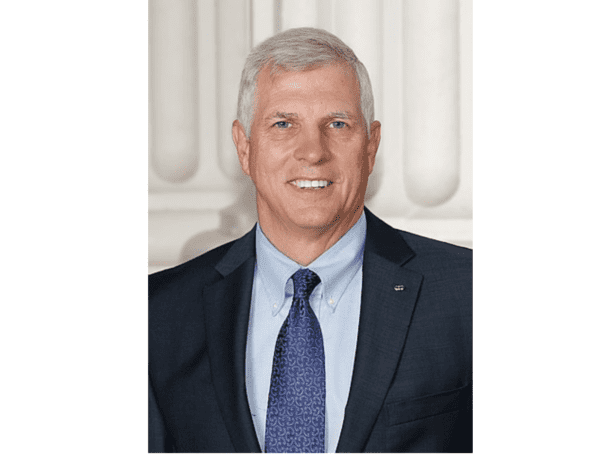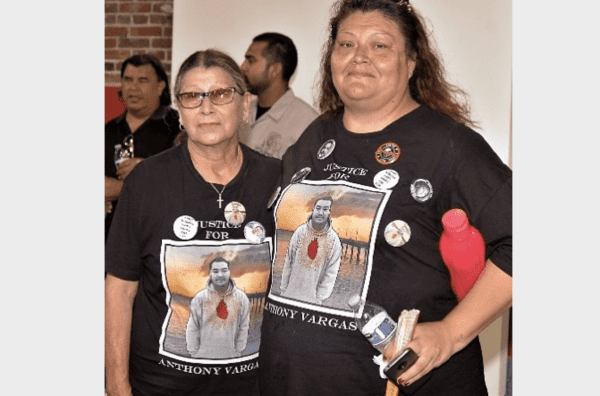By Paul Anderson
Sen. Tom Umberg, D-Santa Ana, said Wednesday he’s done trying to get a bill cracking down on fentanyl dealers out of a state Senate committee after it was rejected again this week, and will instead support efforts to seek an initiative from voters to change the law.
Umberg sponsored the bill with Sen. Rosilicie Ochoa Bogh, R-Yucapia. The Senate Public Safety Committee rejected the bill, called Alexandra’s Law, on March 28 as well.
It’s possible a similar bill could surface in the Assembly and work its way over to the Senate, Umberg said. But he won’t ask the Public Safety Committee to send the bill to the floor anymore.
“I am committed to making sure we have an all-in approach,” Umberg told City News Service. “I have other bills (addressing the crisis).”
Alexandra’s Law was opposed by the state’s public defenders, who objected to any expansion in the law enabling prosecutors to seek murder charges against fentanyl pushers.
“I will continue in some fashion to pursue this whether by initiative or other measure,” Umberg said. The state senator said he would support any initiative that lines up with the bill he proposed.
The bill sought to provide convicted fentanyl dealers with a warning that if they get caught dealing again and one of their customers dies, they could face an upgrade in punishment from manslaughter to second-degree murder. It has been compared to the so-called Watson Advisement given to drunken drivers.
Umberg said his bill would require prosecutors to prove the dealers knew that the drugs they were peddling were laced with fentanyl and caused a fatal overdose.
“The bill before the Public Safety Committee was even narrower than Watson,” Umberg said. “In order to be able to elevate it beyond a simple distribution of an illegal substance you need to prove the perpetrator knew or should have known that there was fentanyl in it.”
He said the law is not targeting low-level drug dealers who aren’t aware they’re selling a narcotic laced with fentanyl.
“It’s not the knucklehead giving his roommate a pill he thinks his fine,” he said. “This bill doesn’t apply to that person. Period. Yes, it would apply to the Mexican Mafia pharmacist lacing Percocet with fentanyl.”
The California Public Defenders Association has opposed the bill.
The association wrote that the bill “would be used as a predicate to establish the mental state of malice, required for a murder charge, when the person involved in the drug transaction had no intention of ever killing or injuring the person who knowingly obtained the controlled substance.”
The association said it sympathizes with the bill’s intentions, but allowing prosecutors to upgrade charges to murder for a drug deal overdose would “resurrect the failed public policy of the past and return to mass incarceration as a solution for societal problems. From our experience as public defenders we know that many of those who engage in the illegal drug trade are often low-level users of drugs themselves. To punish them for the unintended consequences of engaging in illegal narcotic sales and for outcomes that they never intended is contrary to sound public policy and humane treatment in our criminal justice system.”
Umberg defended his efforts, saying he has introduced a variety of legislation addressing the crisis.
“The fentanyl crisis is unprecedented,” he said. “This is an area where I’ve been working a huge part of my professional life on both in this country and overseas.”
He added it was a “false choice” to present it as a debate over more law enforcement and better treatment of addicts.
“This is an all-in kind of thing,” Umberg said. “We have to direct resources toward prevention and treatment, but also to preventing those who are selling and distributing fentanyl from doing it so this has been presented as a binary choice and it’s not a binary choice and that is very frustrating and particularly frustrating with SB 44.“







